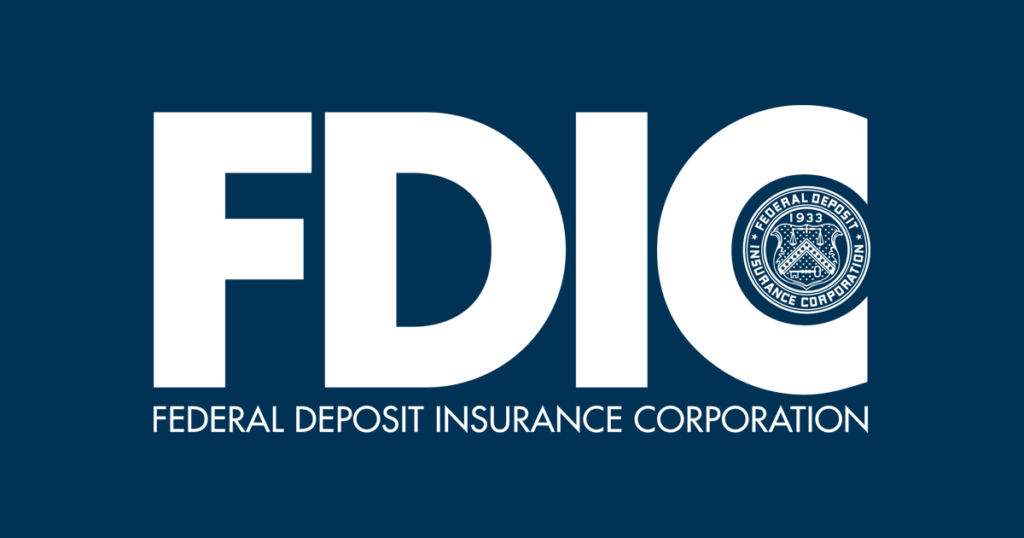Search
Archives
Categories
Recent Posts
Important IRS Update: Significant Interest Penalty Increase for Tax Underpayments
The Internal Revenue Service (IRS) has recently announced a critical change that could significantly impact taxpayers who underpay their taxes. This update is particularly relevant as we approach the next tax filing season. Previously, the IRS charged a 3% interest penalty on estimated tax underpayments. However, this rate has now been increased to a substantial
Read More
Will Inflation Hurt Stock Returns? Not Necessarily
Investors may wonder whether stock returns will suffer if inflation keeps rising. Here’s some good news: Inflation isn’t necessarily bad news for stocks. A look at equity performance in the past three decades does not show any reliable connection between periods of high (or low) inflation and US stock returns. Since 1993, one-year returns on
Read More
Maximize Your Charitable Impact with These Four Strategies
As the year draws to a close, it’s a perfect opportunity to rethink how you give to charity. This is important for managing how much tax you pay and how much help reaches those in need. Here are four effective strategies: Need Guidance? Reach Out to Us! These strategies are just a starting point. There
Read More
Who is the FDIC? What is SIPC?
The Federal Deposit Insurance Corporation (FDIC) and the Securities Investor Protection Corporation (SIPC) are two organizations that play crucial roles in protecting the interests of depositors and investors in the United States. Although both organizations offer insurance protection, there are significant differences between them.

The FDIC is a government agency that provides insurance coverage for deposits in banks and savings institutions. The FDIC was established in 1933 in response to the banking crisis of the Great Depression. The purpose of the FDIC is to provide stability in the financial system by insuring deposits up to $250,000 per depositor per bank. This means that if a bank fails, the FDIC will reimburse depositors up to the insured limit.
On the other hand, SIPC is a nonprofit organization that provides insurance protection for securities, such as stocks and bonds, held by investors in brokerage firms. The SIPC was established in 1970 to protect investors in the event of a brokerage firm’s failure or bankruptcy. SIPC protection provides coverage up to $500,000, including up to $250,000 in cash, per customer in the event that a broker-dealer fails.
One key difference between FDIC and SIPC is the type of institutions they protect. FDIC covers deposits in banks and savings institutions, while SIPC covers securities held in brokerage firms. Another difference is the amount of coverage provided. FDIC coverage is up to $250,000 per depositor per bank, while SIPC coverage is up to $500,000 per customer in the event of a brokerage firm’s failure.
In conclusion, both FDIC and SIPC are important organizations that offer insurance protection to depositors and investors. Understanding the differences between them is essential for making informed decisions about where to place your money and investments.
